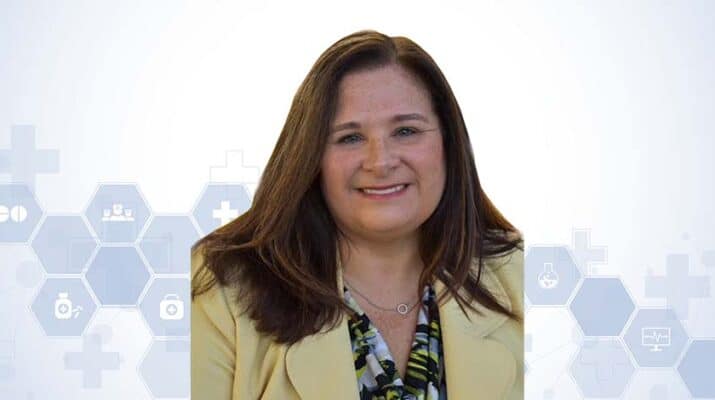By Brenda Alesii
New executive director at Parent Network of WNY explains organization’s mission, which is to help people with disabilities, and says African-Americans in general are more reluctant to ask for help
When Susan Barlow decided to retire from her position as Parent Network of WNY’s executive director, agency officials knew they wanted to hire a replacement who understood the challenges of overseeing a nonprofit focused on providing education and resources for families of individuals with special needs and for professionals.
A veteran human services professional was tapped to fill the director role at the Buffalo-based agency. Kimberly Kadziolka, a Pembroke native, took over the helm of Parent Network of WNY June 1, and hit the ground running. The North Buffalo resident earned degrees from the University at Buffalo, a master’s from Buffalo State, and a Doctor of Education degree from D’Youville University. Kadziolka worked at several area human services agencies and had stints teaching at Genesee Community College and at the Attica Correctional Facility.
Q: What attracted you to this job?
A: I saw the posting and I had always heard how Parent Network and Susan were highly regarded and respected for the work they’ve done, especially as a smaller agency, in the disability and education community. Over the years, because of the service and advocacy work they do, I became familiar with the agency and referred many parents there. I have big shoes to fill.
Q: What is the core mission of Parent Network of WNY?
A: We are here to assist families of individuals with disabilities navigate the educational support system, using resources, workshops and support groups. We also want families to have an understanding of the specific disability and tap into the collaborative service system. The goal is for the parent and the child to advocate for themselves, have access to testing, continue to grow as a person, and not fall behind.
Q: Who is your typical client?
A: Family members, primarily. Our clients range in age from birth through adulthood. Many of our staff and board members have children with disabilities; that personal experience provides a unique perspective and a feeling of empathy to the families we reach. We want to empower clients to advocate for themselves; we will even offer one-on-one assistance.
Q: What are common types of disabilities?
A: Many clients have been diagnosed with Downs syndrome or cerebral palsy or autism, or blindness. Additionally, we work with clients who suffer from psychological and emotional disabilities. We are seeing an increase in cases of delay and developmental disabilities.
Q: Do you diagnose?
A: No. We assist with getting assessments, but we do not make diagnoses. It’s important to note that diversity and inclusion are important principles of our agency. We serve many people of color in the communities we serve, so we want to be relatable. I’m pleased that several of our staff are bilingual.
Q: Is there still a stigma attached to people with disabilities? Or with family members who may be uncomfortable with a disabled loved one?
A: Yes, I think stigmas still exist. People don’t want to think that something is wrong with their child. We’ve found that asking for help with our services helps to normalize the given situation and feel like you have something in common with others. There should be no shame — we all need help sometime.
Q: Are some cultures more reluctant to ask for help?
A: Yes, traditionally African-Americans may take longer to seek help. There are historically good reasons for that. The Tuskegee study is widely recognized as a reason for mistrust, but there are other factors, too: economic, access to health care, biases. I serve on the Journey’s End Refugee Services board, an organization that assists refugees and immigrants settling in Western New York. This gives our agency a direct link to people from different cultures.
Q: How is Parent Network of WNY funded?
A: A variety of ways: federal and state grants, foundations and donations. The people of the Buffalo area are so generous. There are a lot of social service agencies here; we are all competing for dollars.
Q: What’s the best way to reach your agency?
A: Please go to our website where you’ll find a wide range of information, resources, and events posted: parentnetworkwny.org. You can also find us on Facebook, Instagram and Twitter. Our phone number: 716-332-4170.

